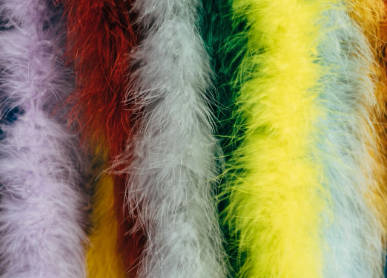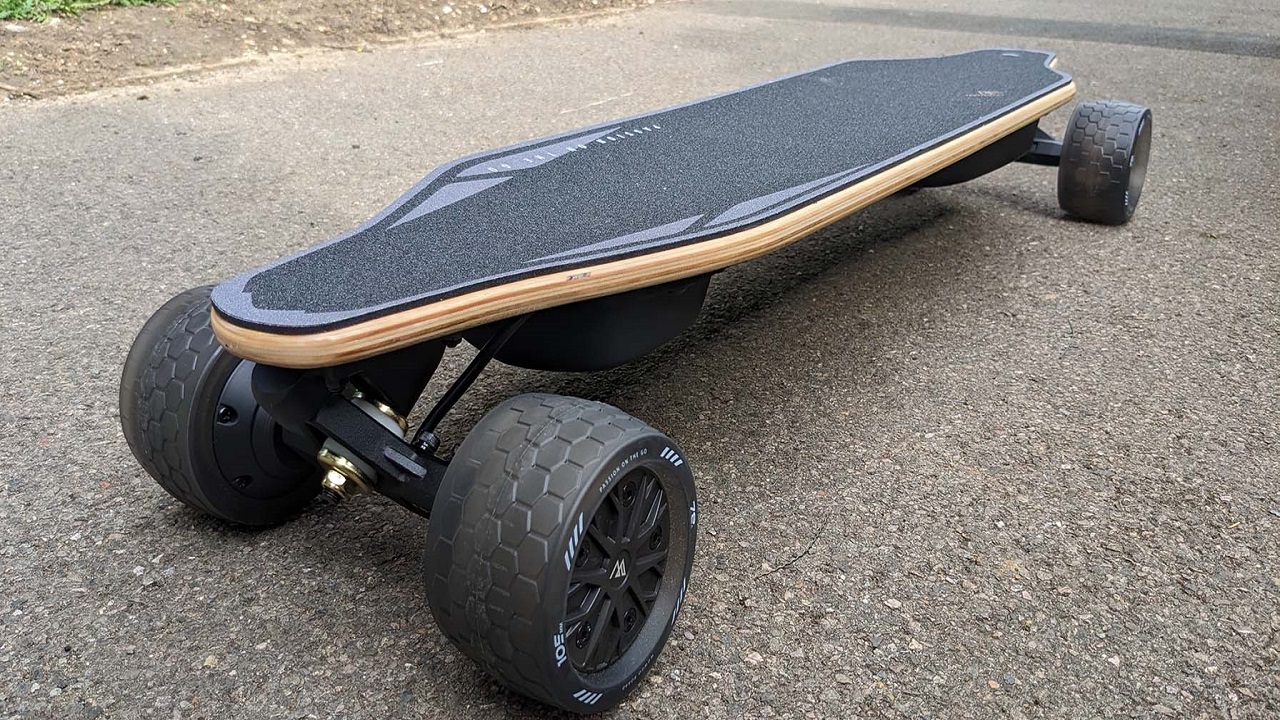

Lifestyle
What to Look Out For When Buying Good Stickers in Monopoly GO
Not only is collecting stickers in Monopoly GO fun, but [ ]

Lifestyle
How to Choose the Best Bulk Wine Glasses for Any Restaurant
The decision of appropriate bulk wine glasses stands es [ ]

Lifestyle
Feather Boas Bulk: Top Uses and Creative Ideas for Fashion and Decor
Feather boas bulk are a classic symbol of glamour, luxu [ ]

Lifestyle
Knowledge of Various Essay Formats: Introduction, Body, and Conclusion
Every student has to become an essential academic maste [ ]

Lifestyle
The Growing Appeal of Small Vases in Bulk for Retailers
The market for home décor products has been steadily gr [ ]

Lifestyle
Craftsmanship Captions: Gauth Best for Showcasing Haircuts
In the barbering industry, the presentation of the work [ ]

Lifestyle
How Far Can I Travel On A Single Charge With A Folding E-Bike?
For decades, electric-powered bicycles had been unwield [ ]

Lifestyle
Electric Skateboarding for Students: A Campus Transportation Solution
Electric skateboarding has emerged as a trendy and eco- [ ]

Lifestyle
How This Electronic Cigarette Brand is Taking Over?
Electronic cigarettes, commonly known as e-cigarettes o [ ]

Lifestyle
Security Purposes Related to eSIM Compatible Devices
eSIM can give improved security to cell phones and IoT [ ]
Fashion
How Are You Going To Talk About The Perks Of Owning A Xenopixel Lightsaber?
A soundboard in a lightsaber is called a Xenopix [ ]

Lifestyle
Mastering the Setup: Quick and Easy Installation of Portable Pickleball Courts
Pickleball, a sport that combines elements of tennis, b [ ]
